Insulation Tips
Glasswool vs Polyester Insulation – Which One is Right For You?
At Pricewise Insulation, we often receive enquiries about whether polyester insulation is better than glasswool.
Both polyester and glasswool (also called fibreglass) insulation are highly recommended products and very effective in reducing heat transfer. They are both safe products to install and handle.
Customers enquiring about the different types may have noticed a difference in price and wondered if it’s beneficial to go with the more expensive Autex Greenstuf. The truth is, both kinds of insulation have their merits and it really comes down to the individual needs of the customer.
Below we compare the major differences of glasswool vs polyester.
What Are They Made From?
The majority of Glasswool is made from recycled glass materials like glass bottles and glass sheets. The rest is sourced from sand. The glass materials are crushed, melted and then spun into long fibres. These are bound together and formed into batts or rolls.
Polyester insulation is made from Polyethylene Terephthalate (PET), a fibre that is also commonly used for making clothing and bedding. PET is predominantly sourced from recycled plastic materials including plastic bottles, bags and packaging.
Comfort Of Handling
Polyester is typically more expensive but has two attributes which arguably could cause it to be considered a ‘premium’ insulation product.
Firstly, polyester insulation has practically speaking no breathable fibres, and as such may be favoured by people suffering from asthma or severe dust intolerance.
Secondly, it is also completely ‘itch free’ to handle and install, whereas most people experience at least a minor temporary itch e.g. on their wrists after handling glasswool insulation for a few hours.
It is important to note, however, that the glasswool insulation of today is very different to the stuff that was sold on the market a few decades ago. The installers of those days would recall extreme discomfort, whereas the glasswool insulation today, particularly Knauf’s Earthwool, is much more pleasant to handle.
Packaging & Transportation
Most glasswool insulation has a much higher compression factor than polyester insulation. This may give it an advantage from a delivery and storage point of view. Customers may be able to fit the required amount of glasswool insulation in the back of their car or ute but be unable to fit the equivalent number of bags of polyester insulation.
Opting for the glasswool insulation may save them an extra trip back to the warehouse or the cost of having it delivered. If onsite storage is an issue, it may be better to purchase glasswool insulation.
Health Factors
Polyester is well known for its non-allergenic properties. It doesn’t have any breathable particles or dust and is therefore suitable for use by people with asthma or severe dust allergies. Keep in mind that if you are installing insulation in an existing home there is likely to be lots of dust in the roof cavity and under the floors anyway.
Some insulation products use petroleum based chemicals to bind the fibres together. However, options such as Knauf Earthwool – a type of glasswool insulation – don’t rely on harsh chemicals like phenol or formaldehyde. Instead, Earthwool insulation is made with a bio-based binder and contains no artificial colouring.
Sustainability
Both glasswool and polyester have their environmental benefits and will help homes reduce their energy consumption and carbon footprint. Most glasswool and polyester products are made from over 50% recycled materials and can be recycled at the end of their life too.
However the manufacturing processes vary from brand to brand. If environmental factors are a high priority to you, it is important to consider each brand’s commitment to sustainability.
Two of the more environmentally conscious brands we sell at Pricewise Insulation are:
Knauf Earthwool Insulation – Made from up to 80% recycled materials using a bio-based binder instead of petroleum-based chemicals. Knauf has implemented a number of measures to decrease the environmental impact of Earthwool’s glasswool production. For example, they use heat exchangers to recycle heat waste in their plastermill.
Bradford Insulation – Glasswool insulation made from up to 80% recycled glass, are 100% bio soluble and are designed to last the lifetime of the building they are installed in. Bradford recycles all water in their glasswool plants and uses high efficiency equipment.
Autex Greenstuf (Available in Victoria only) – 100% polyester insulation that can be fully recycled at the end of its life. Autex has a Zero Waste program in which all waste materials are recycled back into the production process. Their products are Red List Chemical Free and can be used in Living Building Challenge projects.
Bradford Polymax – 100% polyester insulation, made from up to 80% recycled material. The Bradford Polymax Insulation range includes both thermal and acoustic products to suit a number of different applications. It is a no itch, low allergen product that is easy to handle. Another great thing about Bradford Polymax is that no wastage is produced during the manufacturing process.
Performance & Insulating Power
Neither polyester or glasswool insulation will outdo the other in performance. Glasswool insulation is the cheaper option, but it performs just as well as its polyester equivalent.
R-value is a measure of how effective the insulation is at resisting heat transfer, regardless of what it is made out of. The higher the R-Value, the more insulating power the product has. If you want better temperature regulation inside your home and more savings on your energy bill, consider upgrading to a higher R-Value – whether you choose glasswool or polyester insulation.
Glasswool vs Polyester – Which is Right For You?
Polyester insulation might be the right choice if you want a product that is:
- Non-toxic, non-allergenic
- Zero itch / irritation factor
- Safe to use for people with asthma or dust allergies
- Pleasant to handle for DIY projects
- Moisture resistant
- Made from high recycled content
- Recyclable at end of its life
Glasswool might be the right choice if you want a product that is:
- A lower price point
- Made from high recycled content
- Recyclable at end of its life
- Higher fire ratings than polyester
- Highly compressible
Now that you know the difference between glasswool vs polyester insulation, go ahead and choose the right product for your project. Buy insulation online with Pricewise Insulation or call us and order today.

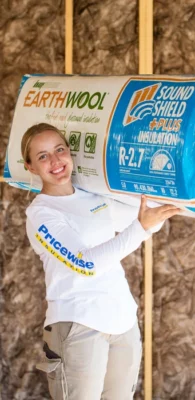
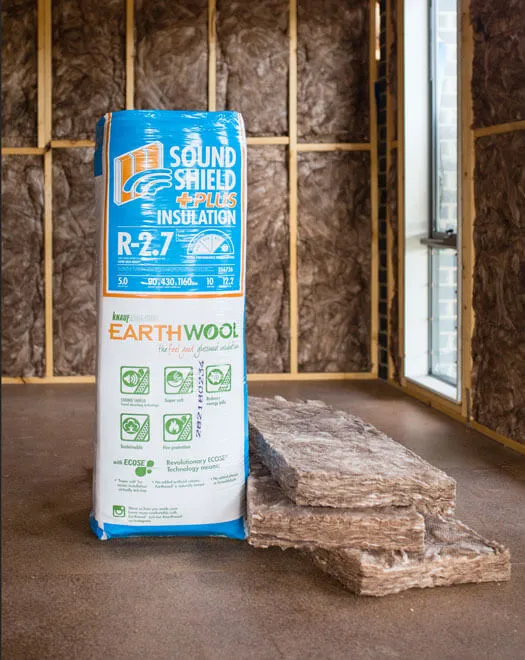
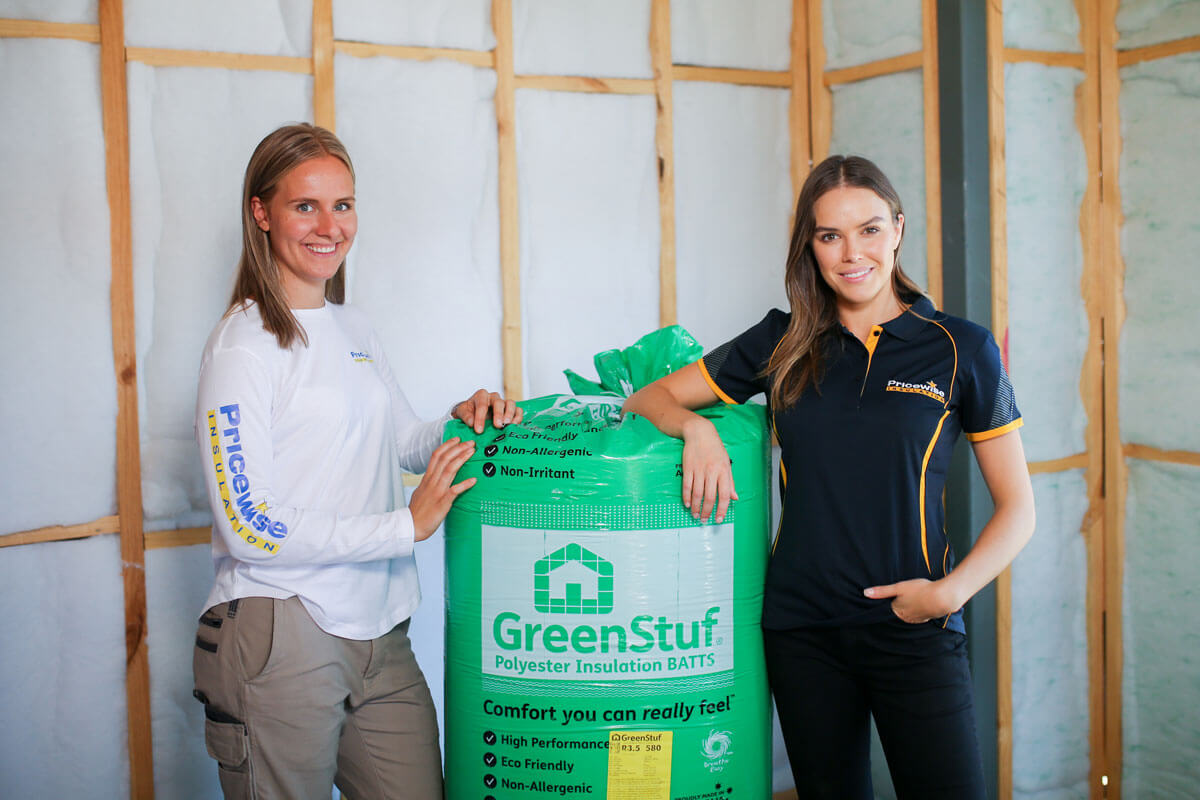
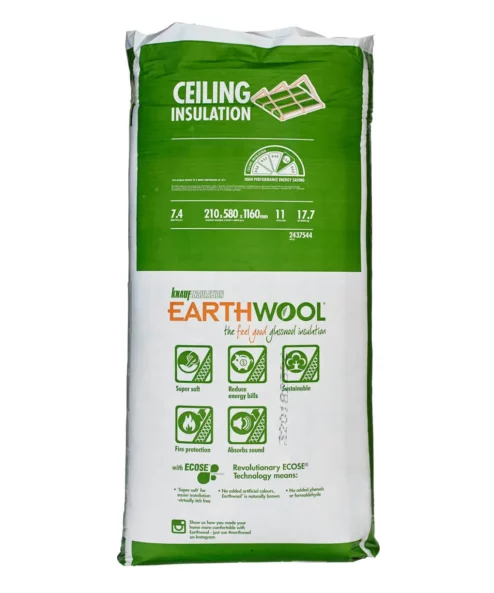
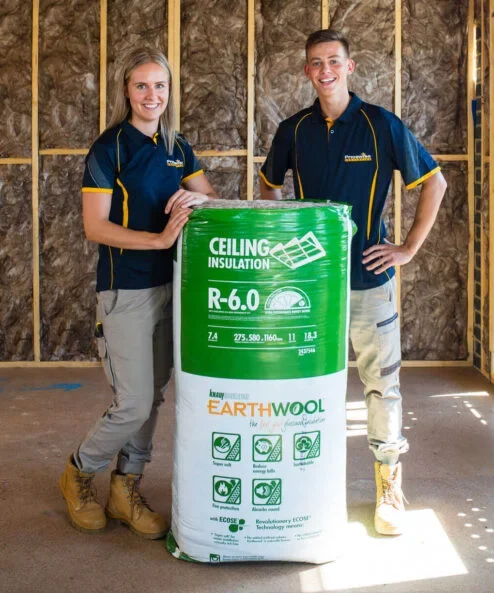
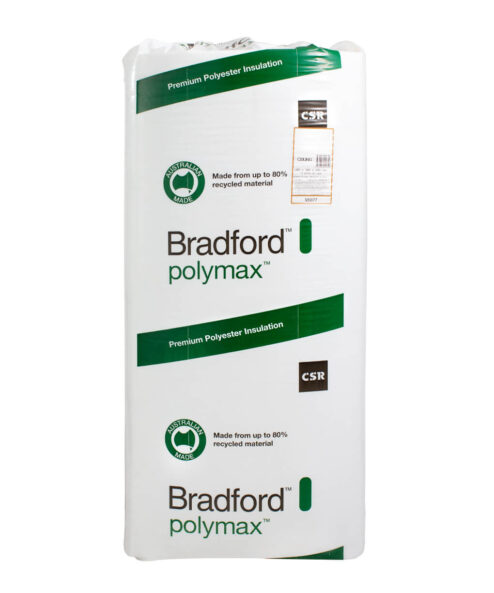
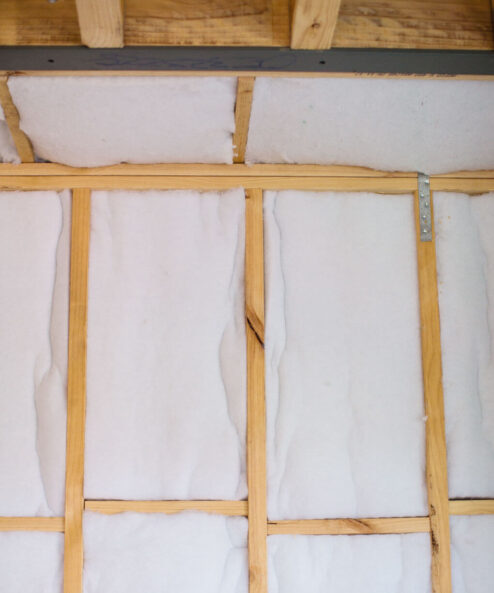
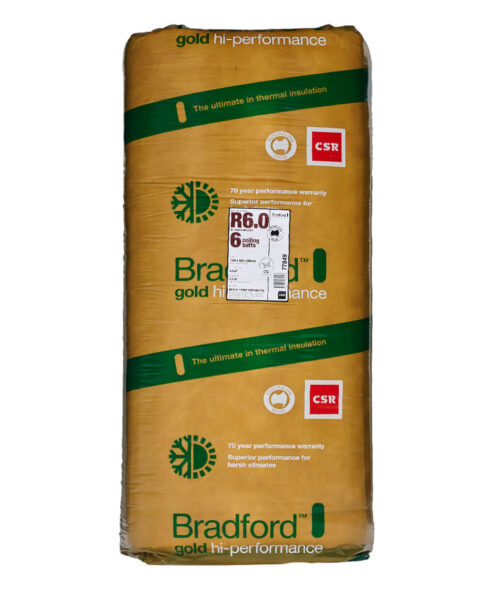
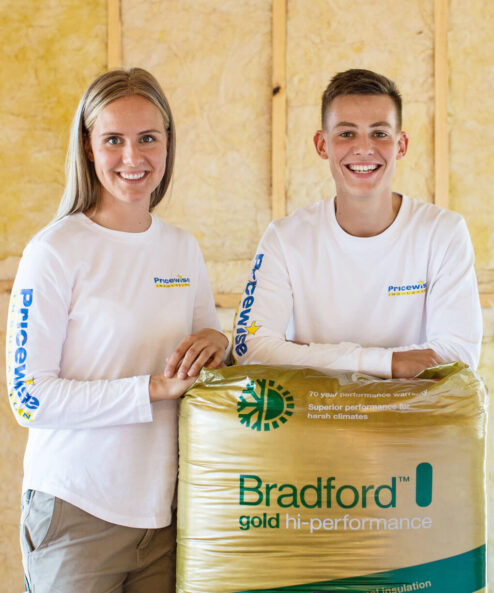
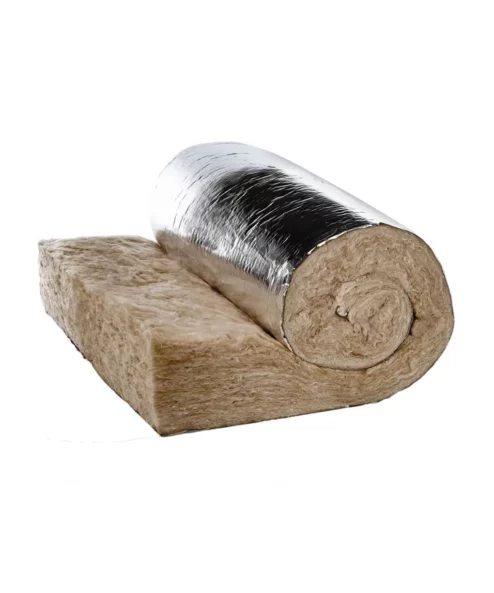
Hi, I am renovating my house. It is a 70’s brick building in Melbourne. There is no wall warp or vapour permeable wrap. I want to retrofit the wall. May I install insulation without the vapour permeable? and which material/product is suitable to me? Many thank
Hi Ivy,
Great question, and thanks for reaching out!
Ensuring proper insulation installation is crucial, and you’ve got a couple of excellent options to prevent it from being installed hard against the brickwork.
One effective method is using wall wrap, like the Thermakraft Watergate Plus, placed between each stud opening. Alternatively, our insulation strapping can be a handy solution, running behind the studs to keep the batts from touching the brickwork. For optimal results, we recommend considering a high-density batt such as the Earthwool R2.5HD or R2.7SHD Soundshield Walls insulation. These batts are more rigid, providing added assurance that they will stay securely in place once installed.
Please don’t hesitate to contact us on 1300 729 639 if you have any further questions.
Warm regards,
Felicity
are your products available in America?
Hi Tammy,
Unfortunately, we only supply to Australia.
Thank you
thank you!